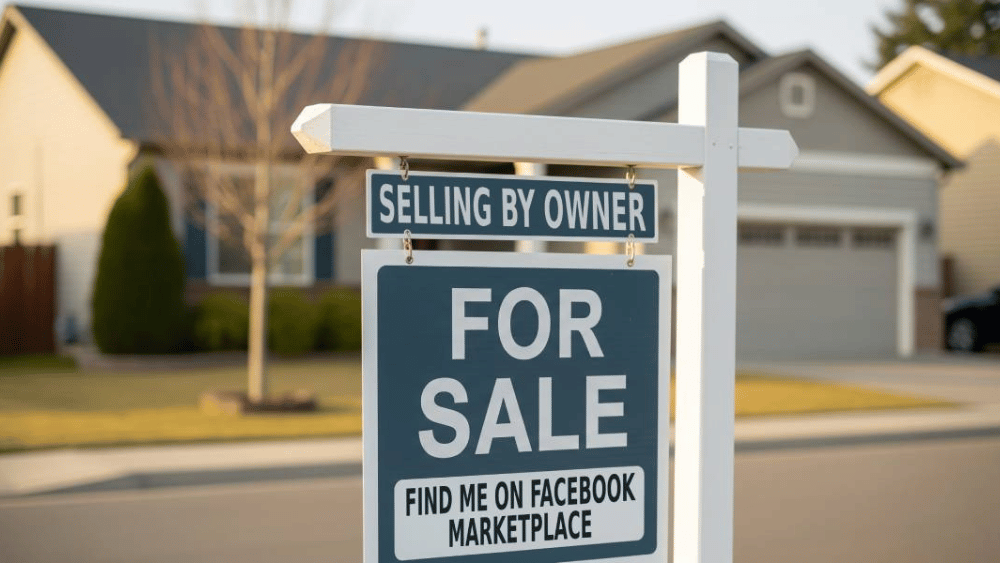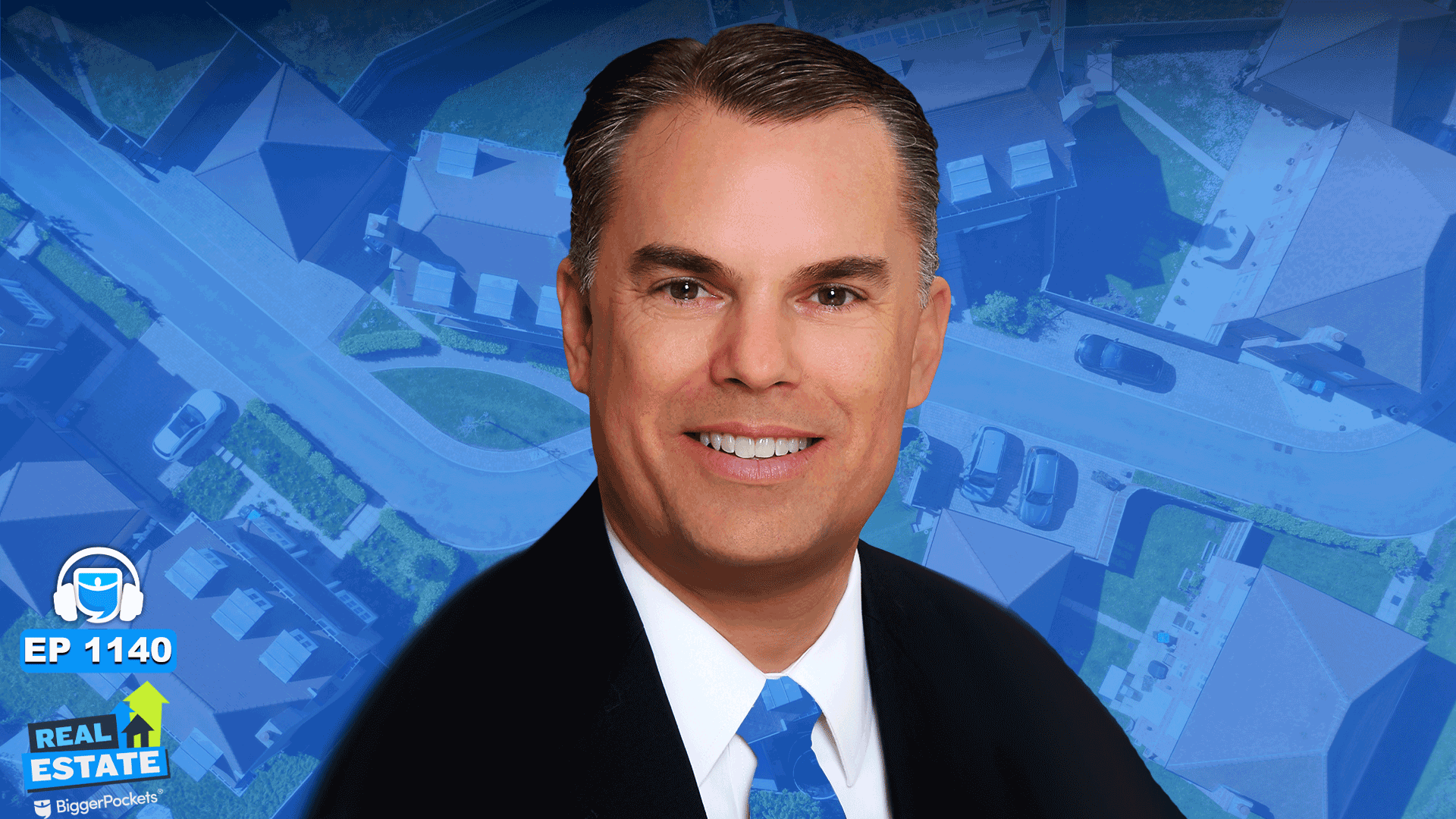In the wake of massive wildfires that destroyed 16,000 structures in Los Angeles County in January, hundreds of banks and mortgage companies agreed to let borrowers delay their monthly payments for 90 days, without demands for full repayment at the end of the forbearance period. Others simply pledged relief and relocation assistance.
California’s state-run mortgage relief program, announced in January by Gov. Gavin Newsom, had more than 400 financial institutions voluntarily sign up, agreeing they would not charge late fees, would not report late payments to credit agencies and would not demand “balloon payments,” which require borrowers to pay back their entire balance right at the end of the forbearance period.
LA’s NPR affiliate, LAist, reported that some banks are not following the rules. California regulators and legal aid attorneys confirmed to the outlet that homeowners are facing demands for repayment.
Lisa Mason, who lost her home in Altadena, told LAist that her mortgage company, Select Portfolio Servicing (SPS), paused her payments without her consent and later demanded a full repayment by May 27, threatening foreclosure if she missed the deadline.
As a result, Mason’s credit score dropped 120 points after the company reported her as 90 days late. After trying to invoke the state relief program, she was told by SPS, “We can’t speak to that. Are you going to pay or not?”
LAist reported that it emailed and called SPS to ask about their compliance with the state’s rules, but the company did not respond.
LAist reported that the California Department of Financial Protection and Innovation (DFPI) has received 121 complaints that relate to issues like balloon payments, credit reporting and insurance.
While the department confirmed to the outlet that it is aware of “isolated instances” where companies have asked for full repayment and set up a task force to help resolve disputes, the state is not issuing fines or penalties against companies that violate the agreement since the program was voluntary.
Amid foreclosure and balloon payment chaos, July 7 officially marked the end of the Federal Housing Administration (FHA) moratorium on foreclosures and evictions. News outlet Capital B News found after reviewing public records that about three dozen fire-damaged properties in Altadena have entered pre-foreclosure, and more than half of the publicly named owners are Black, despite Black residents making up less than 20% of the town’s population.
A combination of lenders not honoring the mortgage relief program, property values in fire-prone areas falling, and unaffordable or unavailable insurance means that more families are being forced to sell, often at a loss.
Immediately after the fire, Altadena residents urged each other not to sell their land and pushed an “Altadena Not For Sale” movement. But insurance costs, mounting mortgage bills and pressure from buyers have made that promise difficult to keep.
Capital B cited a May 2025 report from First Street that predicts that climate-related foreclosures in the U.S. will rise 380% over the next decade. States like Florida, Louisiana and California are expected to account for more than half of those mortgage losses.
Black households, Capital B says, are especially vulnerable: they’re more likely to live in disaster-prone areas and are twice as likely to never regain homeownership after foreclosure, especially after a disaster.



















 English (US) ·
English (US) ·